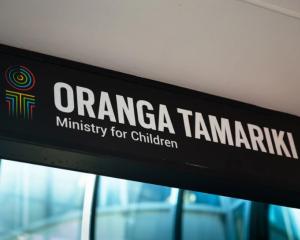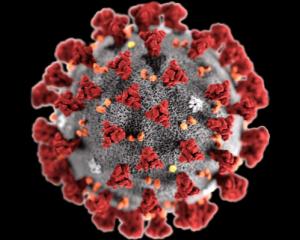The number of people seeking help for gambling problems has hit an all-time high but that is being hailed as a sign that those in need are better accessing services rather than the symptom of a growing problem.
Ministry of Health data released to the Herald showed 7180 people sought help for problem gambling in the year to June. The figure - which excludes less serious "brief interventions" - is up from 6931 a year ago and 6367 five years ago.
However, broken down by ethnicity the figures reveal a steep increase in the number of Pasifika people seeking help, from 434 or 7.2 per cent of the total five years ago to 1655 or 23 per cent of the total in the June year.
The proportion of Maori among those seeking help has remained fairly static but is still disproportionate to the proportion in the general population, about 30 per cent.
Problem Gambling Foundation chief executive Graeme Ramsey said research suggested only about 15 per cent of those with gambling problems sought help from organisations like his own.
However, he believed the incidence of problem gambling was fairly static and the increase in those seeking help was because "we are definitely getting better at addressing the need in specific vulnerable communities, particularly Maori and Pasifika".
Ministry of Health Deputy Director-General Cathy O'Malley said the increase in numbers seeking help was due in part to the higher than usual profile of gambling issues over the last two years including the passage of Maori Party Co-leader Te Ururoa Flavell's Gambling Harm Minimisation Bill, the Government's pokies-for-convention centre deal with SkyCity, and media coverage of the ministry's plan to slash the Problem Gambling Foundation's funding.
Ms O'Malley said any increase in those needing help "is a concern" but if that was happening while the number of problem gamblers was not changing significantly it "may be seen as a positive step".
The Problem Gambling Foundation is expecting a High Court decision within the next month or two on its legal challenge of the ministry's decision to cut its funding and instead support other providers such as the Salvation Army.
Mr Ramsey said the ministry's plan would mean the end of the foundation's Mapu Maia programme targeting assistance to the Pasifika community just as the official data was showing it was reaching those in need.
"The experience we have built up in working with communities is critical and is in danger of being lost and it will take other providers time to pick that up because we are the biggest provider by a significant distance and have been doing it longer than anyone else."
- By Adam Bennett of NZ Herald












